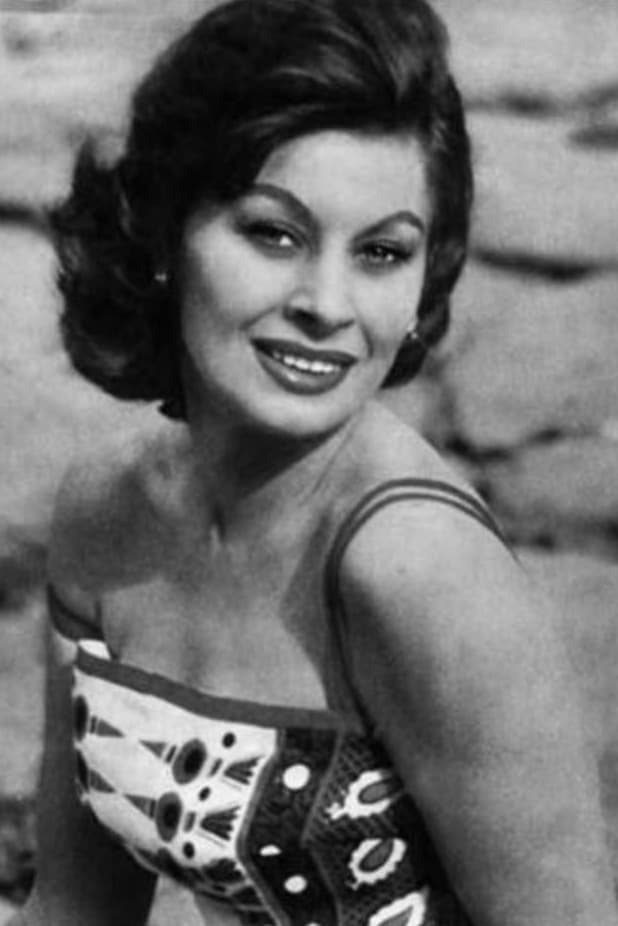

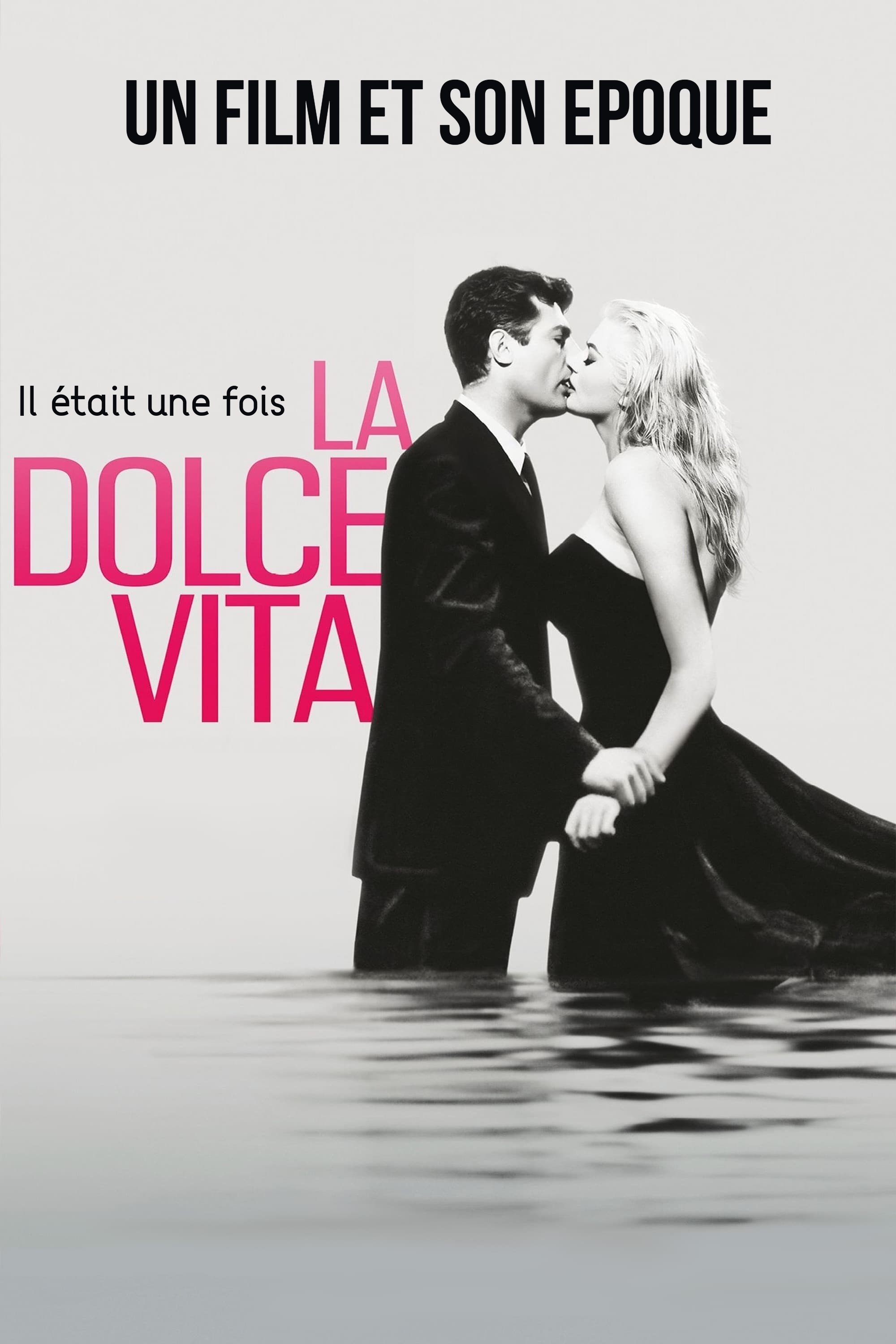
Documentary about the 1960 film LA DOLCE VITA directed by Federico Fellini. Using archival photos and film footage, as well as interviews, this documentary looks back on Federico Fellini's film and places it in the historical context of its time.
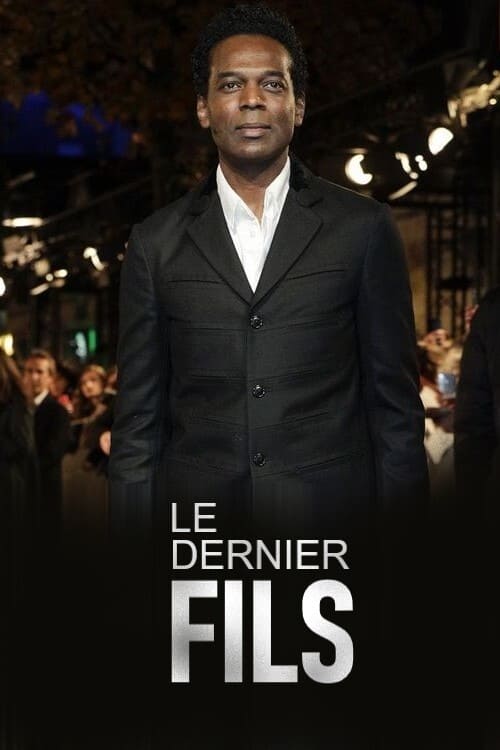
Henri Haas is the owner and the manager of a glasses factory in the Jura mountains.His son Louis is not interested in the management of the this factory.So Henri Haas has made interviews with some young economists.Among them Paul Touré, a French man born in Mali who tells Henri that he wants to a make a practice in the United States.Later Henri called the notary of Paul Touré and asked him to cut Paul's incomes.So Paul accepts the job and arrives at Morez.Immediately Henri convokes his employees and tell them that from tomorrow Paul Touré will manage the factory.
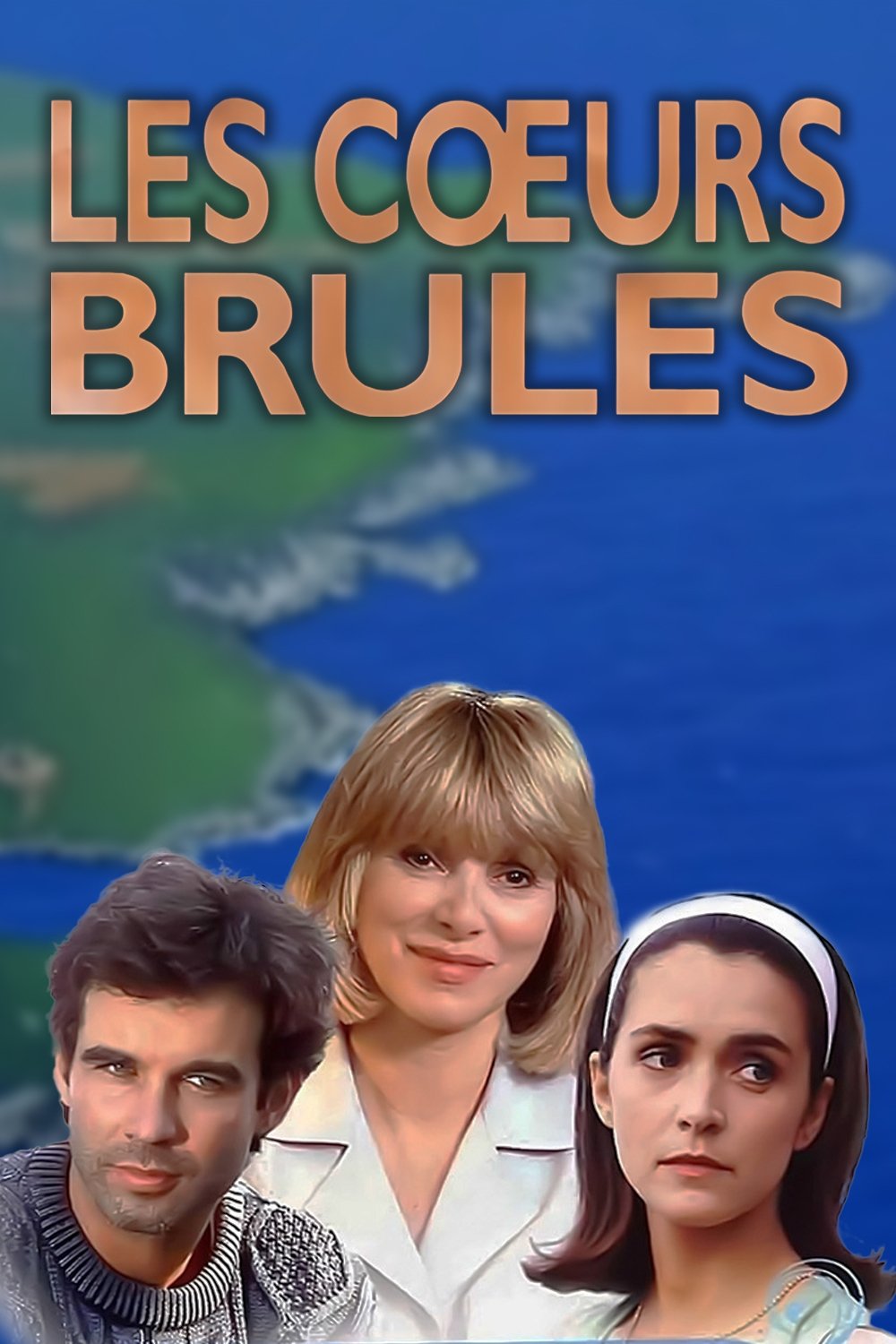
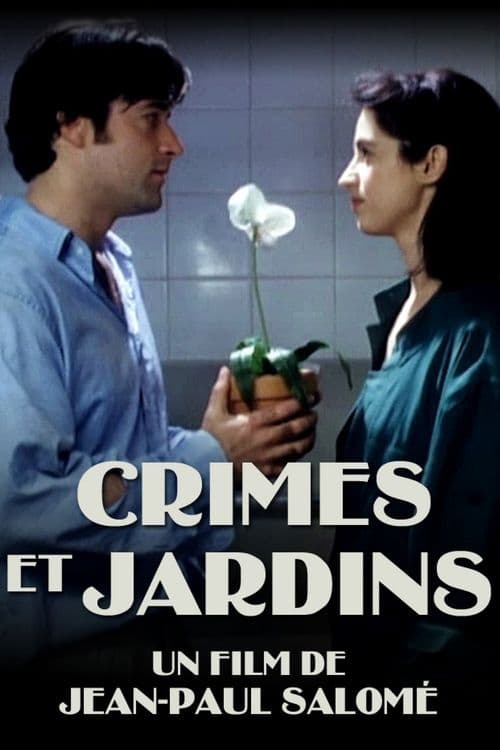
Suzanne is a former singer but also a seductress in her sixties. During a reunion meal with the former musicians of the orchestra that accompanied her on her tours, the young men in love with the lady all hope to seduce her. All except one, who mysteriously finds death in the elevator, hanging by his tie. A hecatomb among the suitors begins. An employee of the morgue decides to launch a personal investigation.
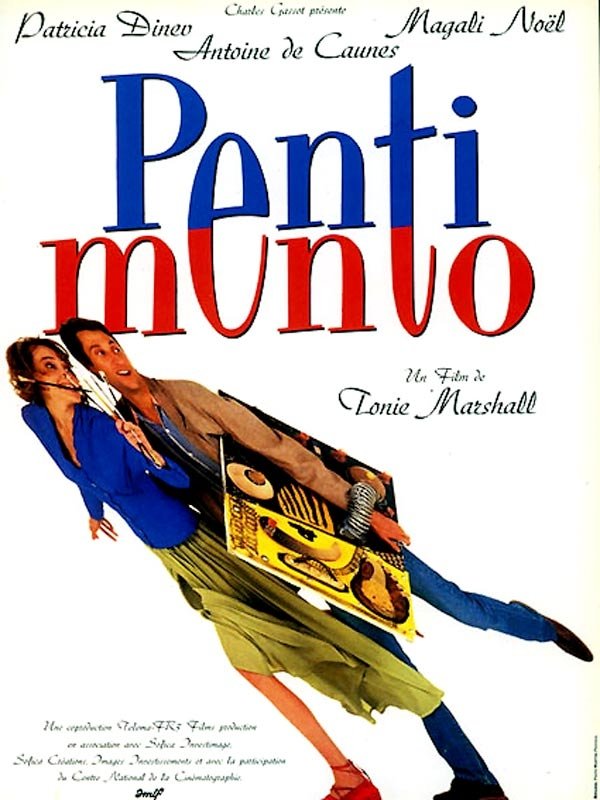
In this frothy comedy, Lucie never knew her father, but she somehow finds out he has recently died and is to be buried on a certain day at a certain cemetary. In a belated attempt to connect with her roots, she rushes to the cemetary and joins a funeral gathering. She gets to know the people at the ceremony and is soon embroiled in an art smuggling scheme and has some (probably incestuous) romantic feelings for a young man she believes may be her brother. Eventually she finds out that she went to the wrong part of the cemetary and that these people are not her kin.
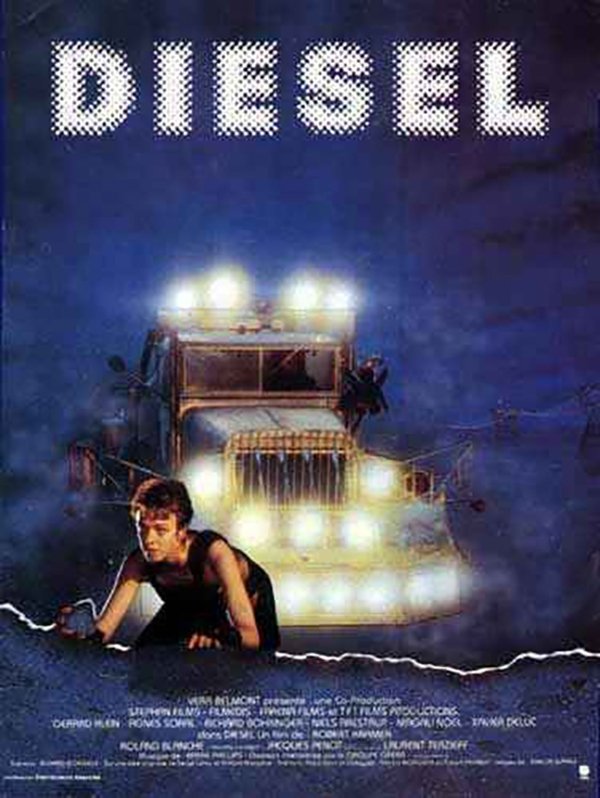
A prostitute, released from prison, tries to change her life, but a murderous slave organization, the Consortium, is determined to bring her back to the fold or kill her, which forces her to seek help from Liberty, an anti-Consortium group.
In a specialized, hermetic drama about love won and lost, not necessarily by the same individuals, novice director Christine Laurent has focused on the backstage melodramas of an opera company. The conductor for an upcoming performance of the Marriage of Figaro has his mind and heart on other matters -- an entrancing diva who keeps him enraptured with her presence and voice. In the meantime, he finds fault with his cast members who cannot, of course, measure up to the woman of his dreams. As singers encounter one problem or another, it is clear that something has to be done about the conductor. Director Laurent designed costumes for both theater and opera, giving her some insight into the venue.
Magali Noël (born Magali Noëlle Guiffray; June 27, 1932) is a Turkish-French actress and singer. Originally from Izmir, she emigrated from Turkey to France in 1951, and her acting career began soon thereafter. She acted in multilingual cinema chiefly from 1951 to 1980, doing several films in Italian with renowned director Federico Fellini, for whom she was a favourite subject. She also acted in films directed by such well-known names as Costa Gavras, Jean Renoir, and Jules Dassin. Her career extended to television movies from roughly 1980 to 2002. Her recording career began in France in 1956, and her most famous song was Fais-moi mal, Johnny (Hurt me Johnny), written by Boris Vian. This song was one of the first rock'n'roll songs with French lyrics. It has been forbidden on the radio during a long time due to its risqué lyrics describing - with a great sense of humour and derision - a sadomasochistic episode. Description above from the Wikipedia article Magali Noël, licensed under CC-BY-SA, full list of contributors on Wikipedia.
By browsing this website, you accept our cookies policy.